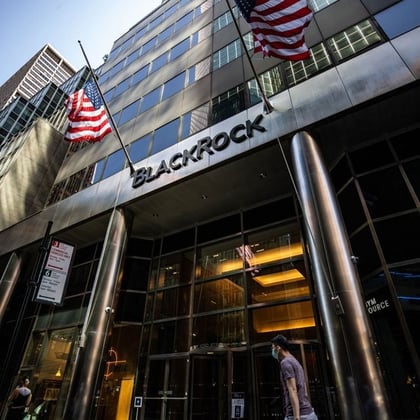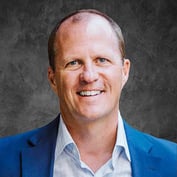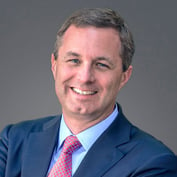What You Need to Know
- Though a sign of the challenges facing the robo-advisory business, the move is seen as a win for Ritholtz and its digital capabilities.
- BlackRock acquired FutureAdvisor in 2015, after which the robo-advice product largely languished, says David Goldstone.
- It isn't yet clear what connection, if any, the acquired FutureAdvisor business will have to Ritholtz's Liftoff automated investment service.
Ritholtz Wealth Management is acquiring BlackRock’s direct-to-consumer FutureAdvisor robo business, the advisory firm confirmed Wednesday — a move that signals to some industry experts that the era of standalone robo-advisors is all but over.
“I think it is the final nail in the robo-advisory coffin,” wealth management industry consultant Timothy Welsh, Nexus Strategy founder, president and CEO, told ThinkAdvisor via email Wednesday. “If a firm of the size, strength, brand and reach of Blackrock couldn’t make it work, then no one can.”
“It also signals that the big asset managers’ digital efforts are over, as the list of robo failures just keeps getting longer and longer — Principal/Robust Wealth, UBS/Wealthfront, Northwestern Mutual/Learnvest, and now BlackRock/FutureAdvisor,” he added.
“In the meantime, it is a big win for Ritholtz, as they have significant digital capabilities and can harvest that large client base to upsell them to full wealth management services — another brilliant move by Josh Brown and crew,” Welsh said.
FutureAdvisor reportedly has about $1.7 billion in assets and serves about 30,000 clients; terms of the deal were not disclosed.
Other Views
Not everyone shares Welsh’s critical view on the future of robo advisors.
“I do think [robo advisors] have a place in the marketplace, and they serve a purpose for a portion of the investing public. I just think that not everybody executed [well] on the strategy,” said Joel Bruckenstein, president of consulting firm Technology Tools for Today, in a phone interview Wednesday.
“It’s a great move by Ritholtz. They’re picking up potentially a nice chunk of consumer business, which quite frankly I think they will be able to service much better than FutureAdvisor did,” he explained.
“I don’t think that it was necessarily a perfect fit for BlackRock, and it was never a big enough money maker or portion of their business that they should really be devoting time to it, so that makes sense,” Bruckenstein said.
Many companies, including Schwab, SoFi and Vanguard, “have what I would consider to be successful offerings. I just don’t know that it was ever BlackRock’s core business,” he explained, noting that BlackRock doesn’t have large direct-to-consumer offerings like Schwab, Fidelity and Vanguard.
Robo platforms have evolved, with many now incorporating some access to financial professionals, “and those are doing very well,” serving a significant population, Bruckenstein added.
U.S. robo advisor assets under management are expected to reach nearly $1.2 million this year and surpass $2 trillion by 2027, according to Statista.
What’s Next for Ritholtz
For its part, Ritholtz ”expects that FutureAdvisor clients will seamlessly transition to Ritholtz, where they’ll receive access to dedicated goals-based financial planning and cutting-edge technology,” the firm said in an emailed statement. “Ritholtz advisors and support staff are looking forward to helping them achieve success in all aspects of their financial lives.”
It isn’t yet clear what connection, if any, the acquired FutureAdvisor business will have to Ritholtz’s Liftoff automated investment service, aimed at young investors and operated on the Betterment for Advisors platform.








 March 01, 2023 at 12:20 PM
March 01, 2023 at 12:20 PM











 Copyright © 2024 ALM Global, LLC. All Rights Reserved.
Copyright © 2024 ALM Global, LLC. All Rights Reserved.